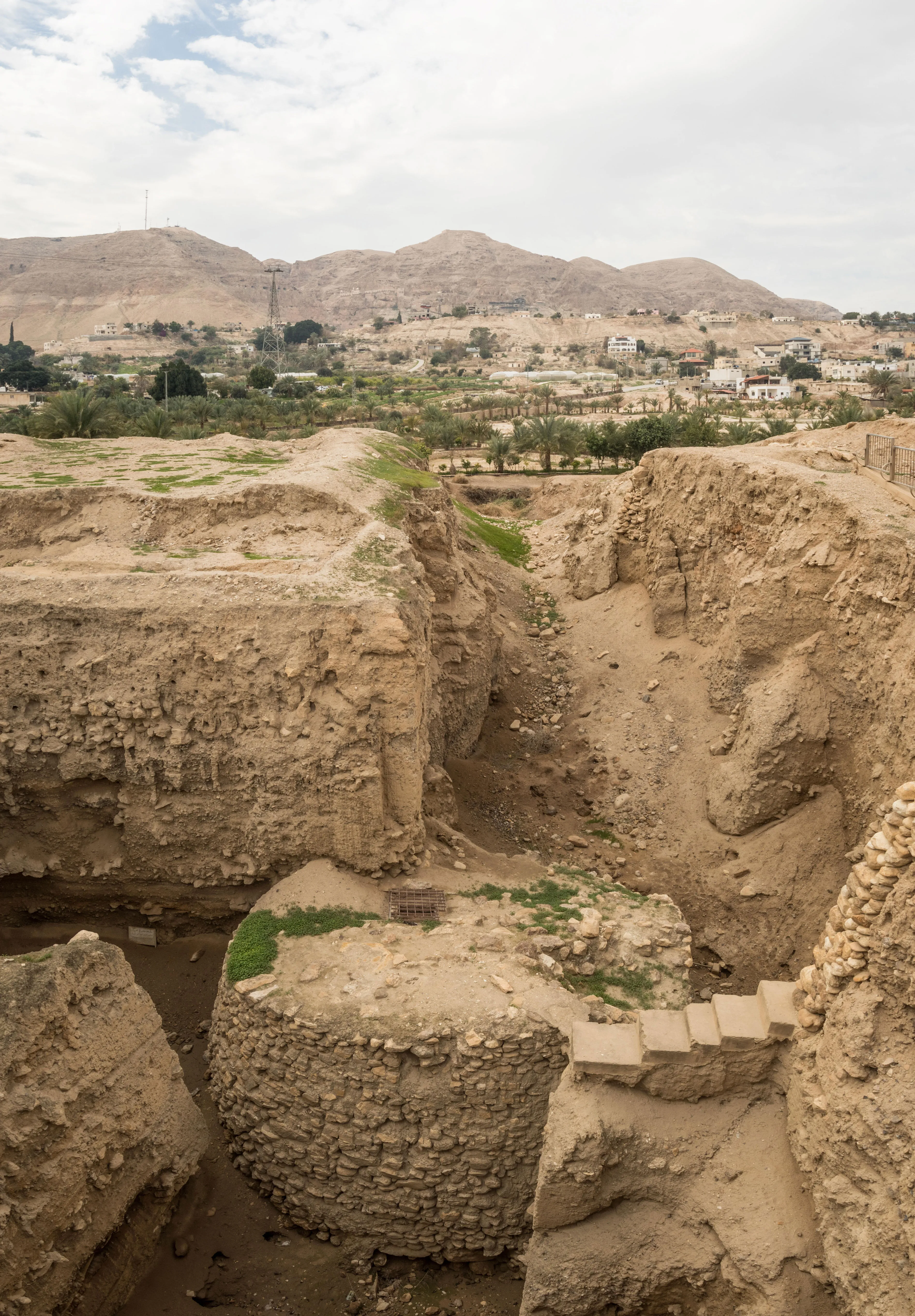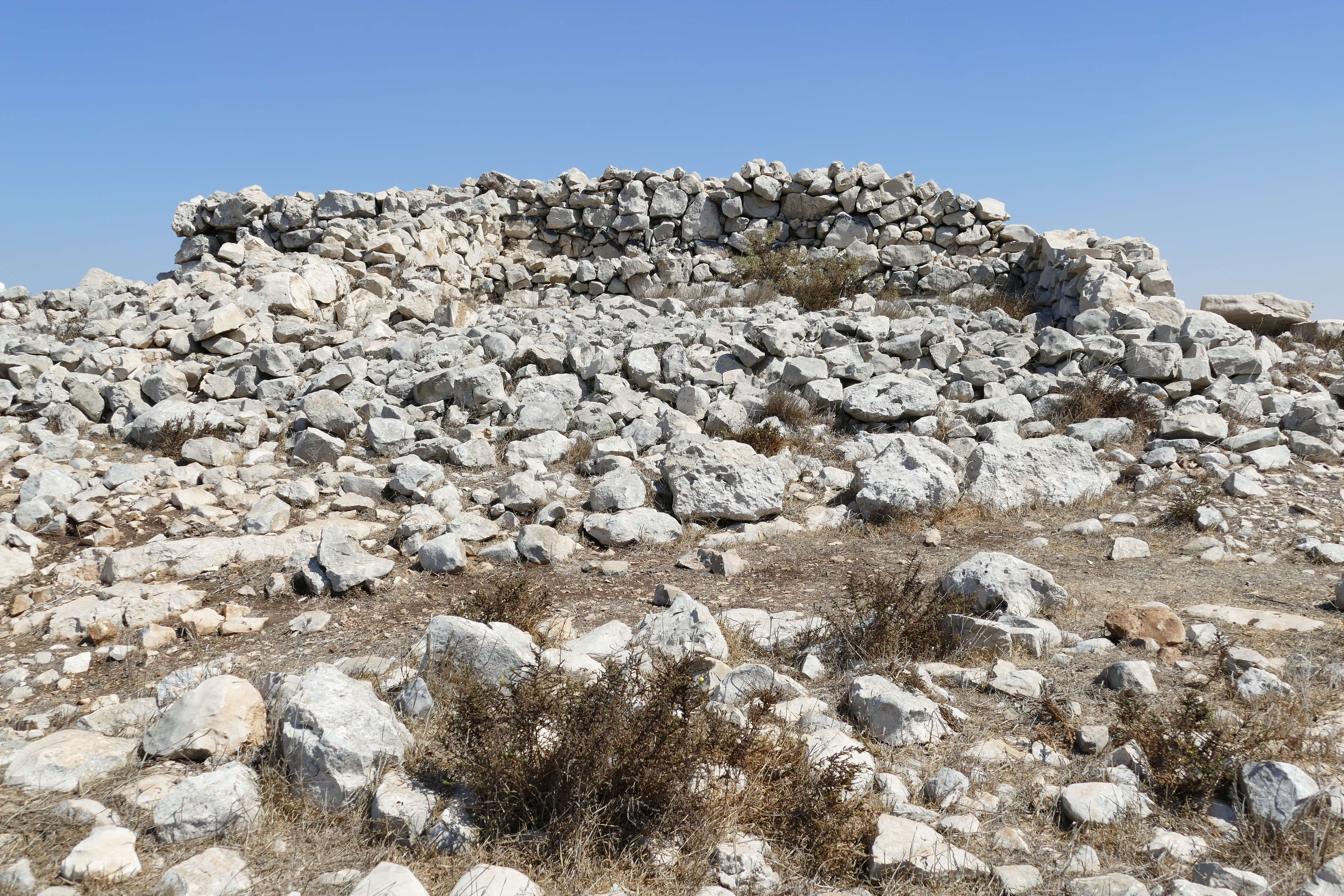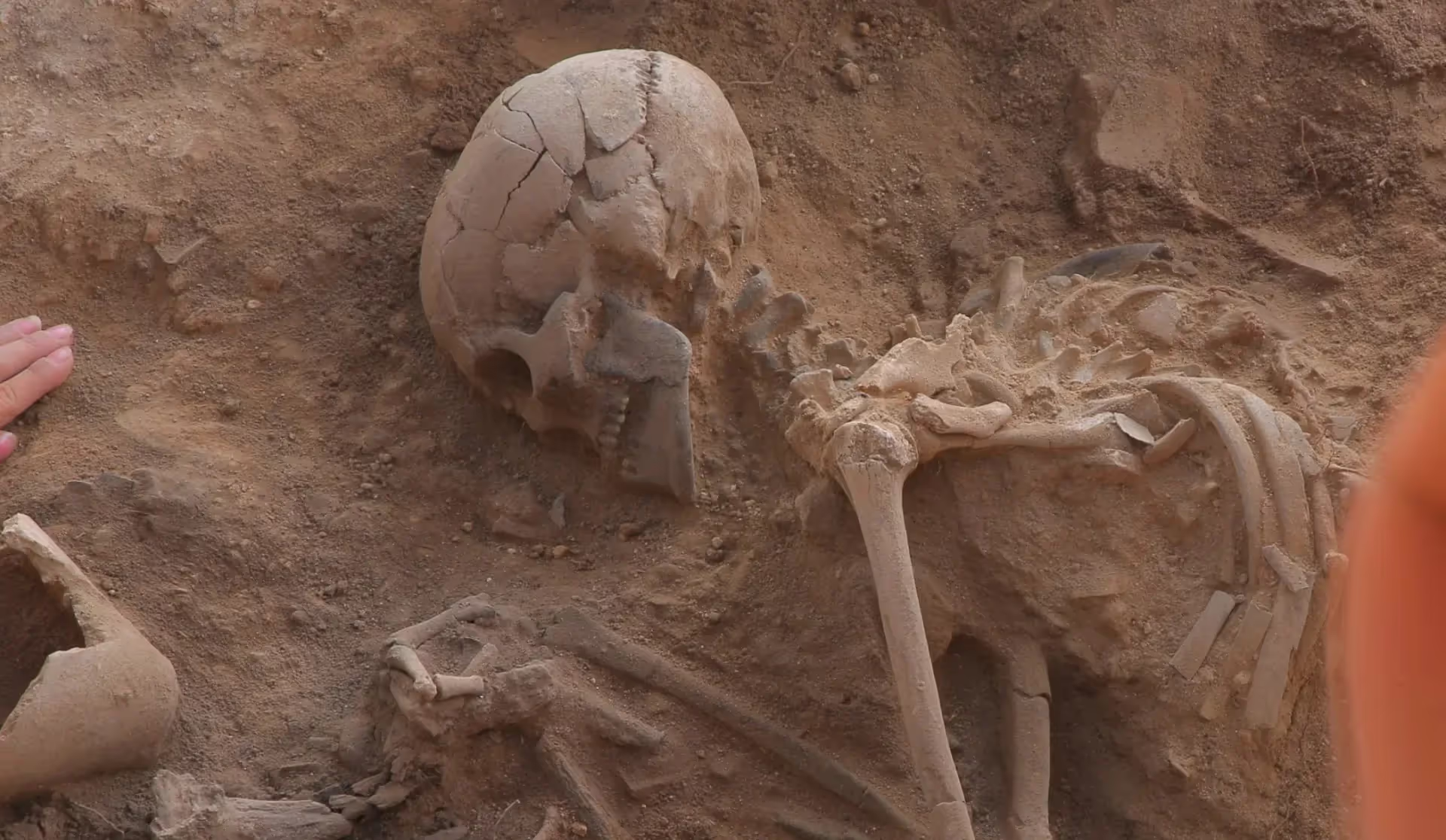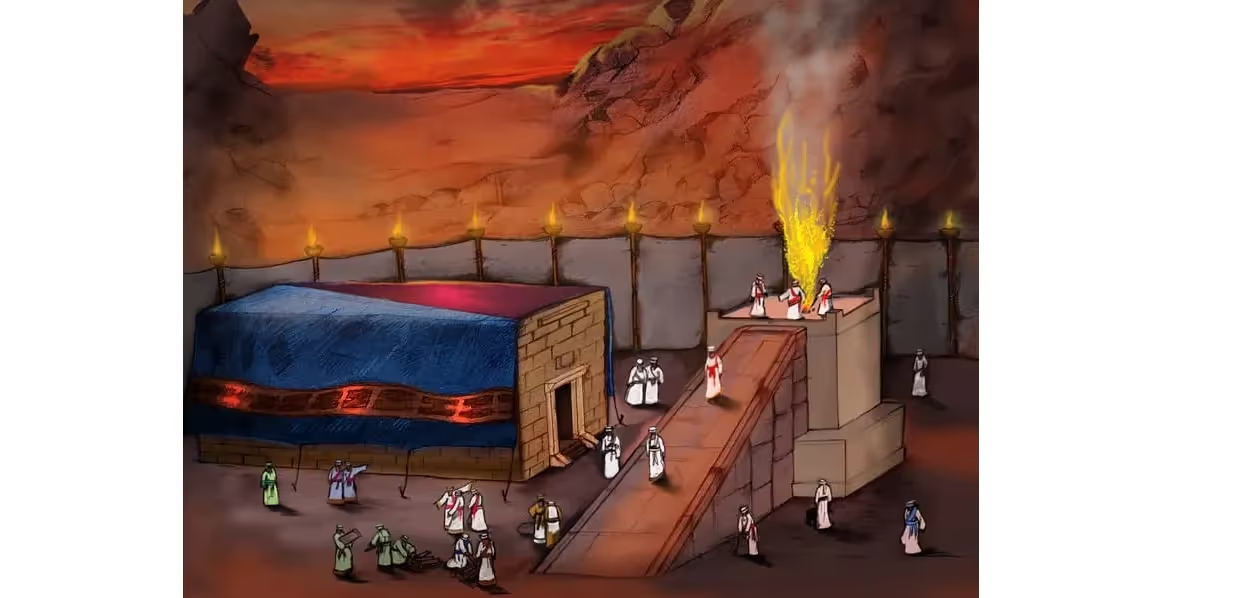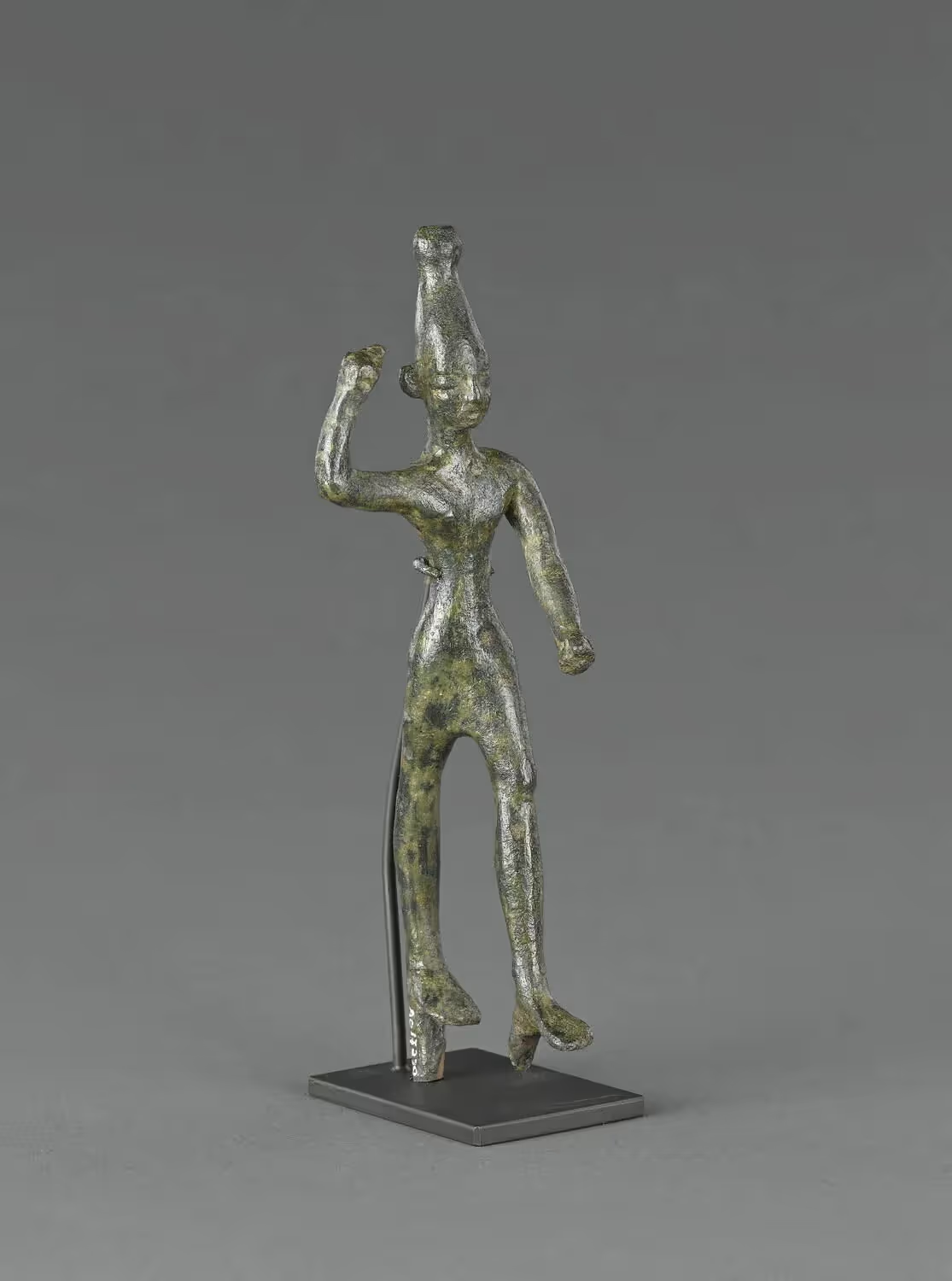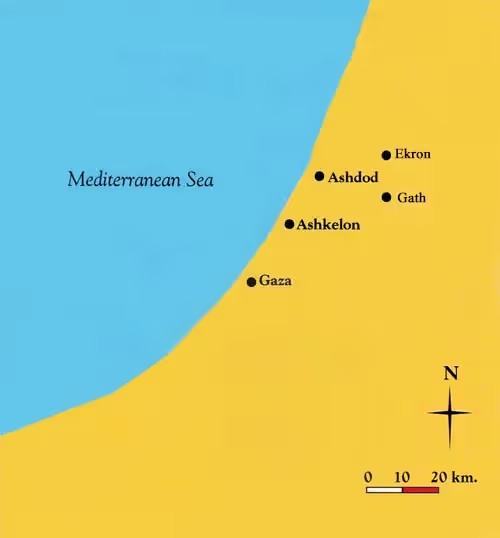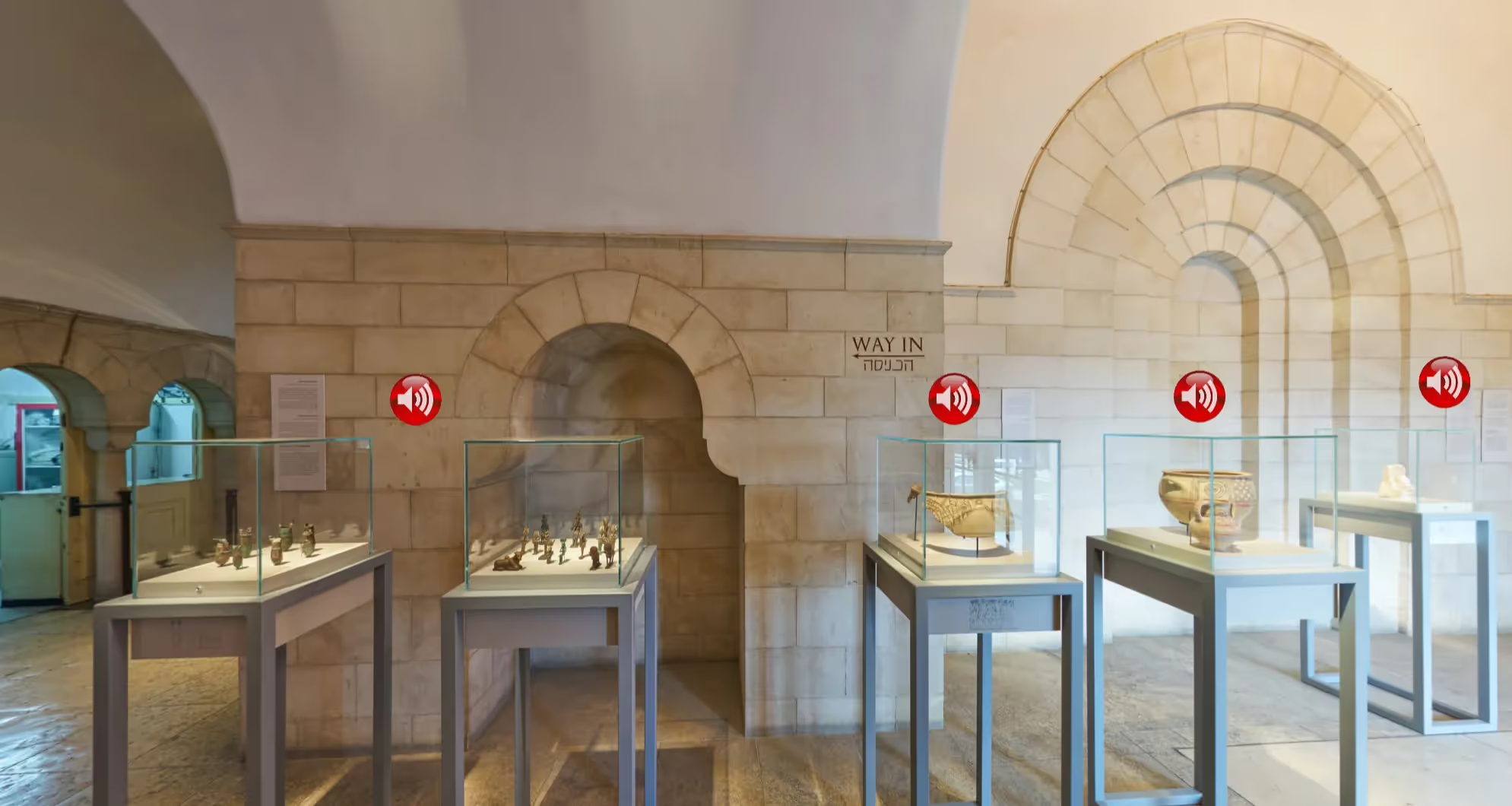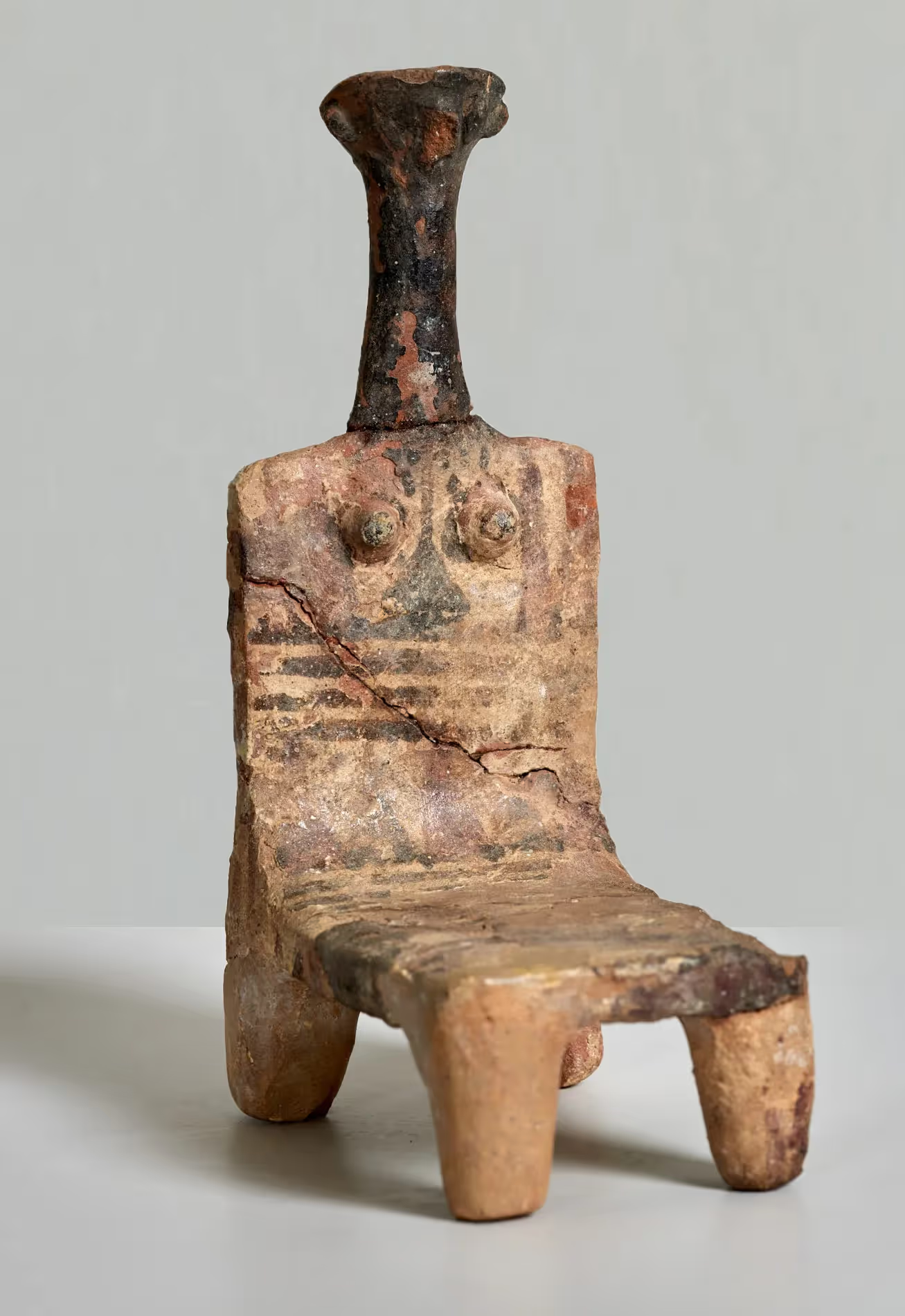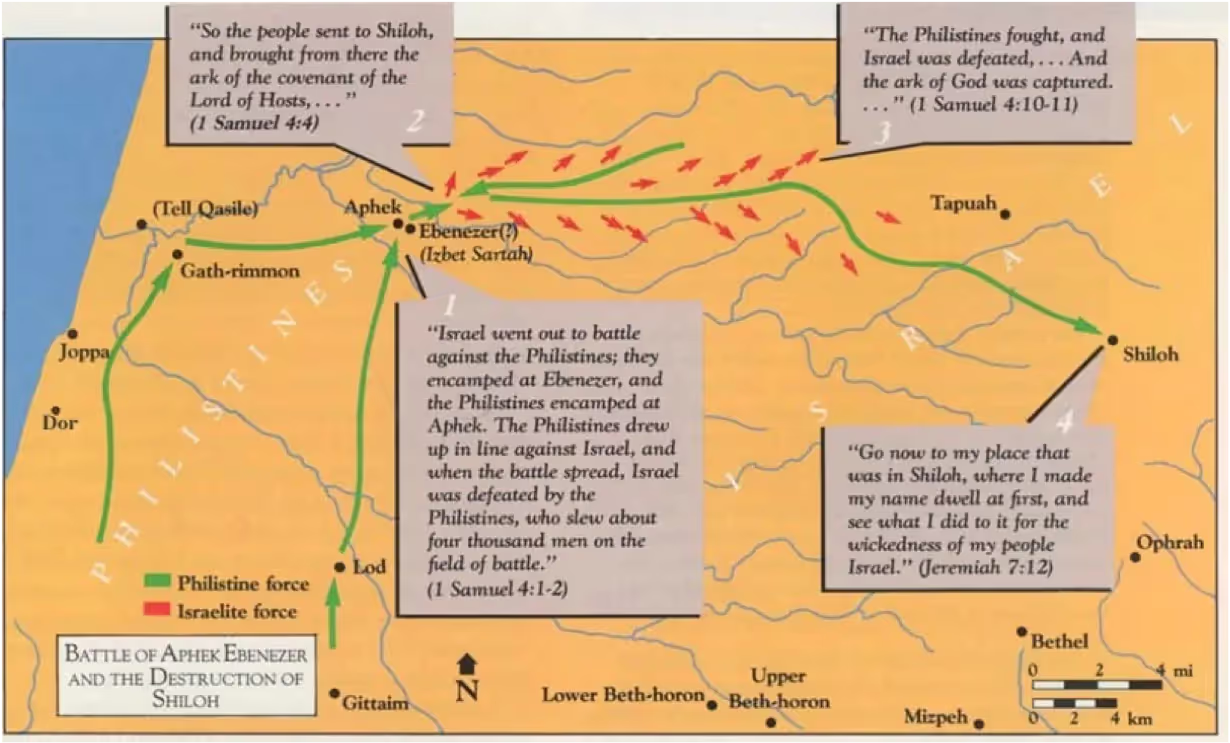Rut y Noemí por Rembrandt
La narración del Libro de Rut se desarrolla en la época de los Jueces. Narra el valiente viaje de una princesa moabita que se casa con un israelita, pero enviuda poco después.
Sigue a su suegra Noemí, viuda a su vez, devuelta a su hogar en Belén, dentro de la asignación tribal de Judá en la Tierra de Israel.
Noemí insta a Rut a volver atrás, pero Rut insiste en viajar con Noemí y servir al Dios de Israel.
Rut 1:15-17
Noemí le dijo entonces: «¿Por qué no te vas también tú con tu cuñada, y así regresas a tu casa y a tus dioses?»
Rut le replicó: «No me obligues a dejarte yéndome lejos de ti, pues a donde tú vayas, iré yo; y donde tú vivas, viviré yo; tu pueblo será mi pueblo y tu Dios será mi Dios. Donde tú mueras, allí también quiero morir y ser enterrada yo. Que el Señor me castigue como es debido si no es la muerte la que nos separe».
Noemí presenta a Rut a su pariente, Boaz un hombre de valor, que muestra a Rut una enorme bondad y se casa con ella poco después. Esta unión pasa a formar parte del linaje real de la Casa de Judá que, en última instancia, conduce al rey elegido y ungido por Dios, el rey David.
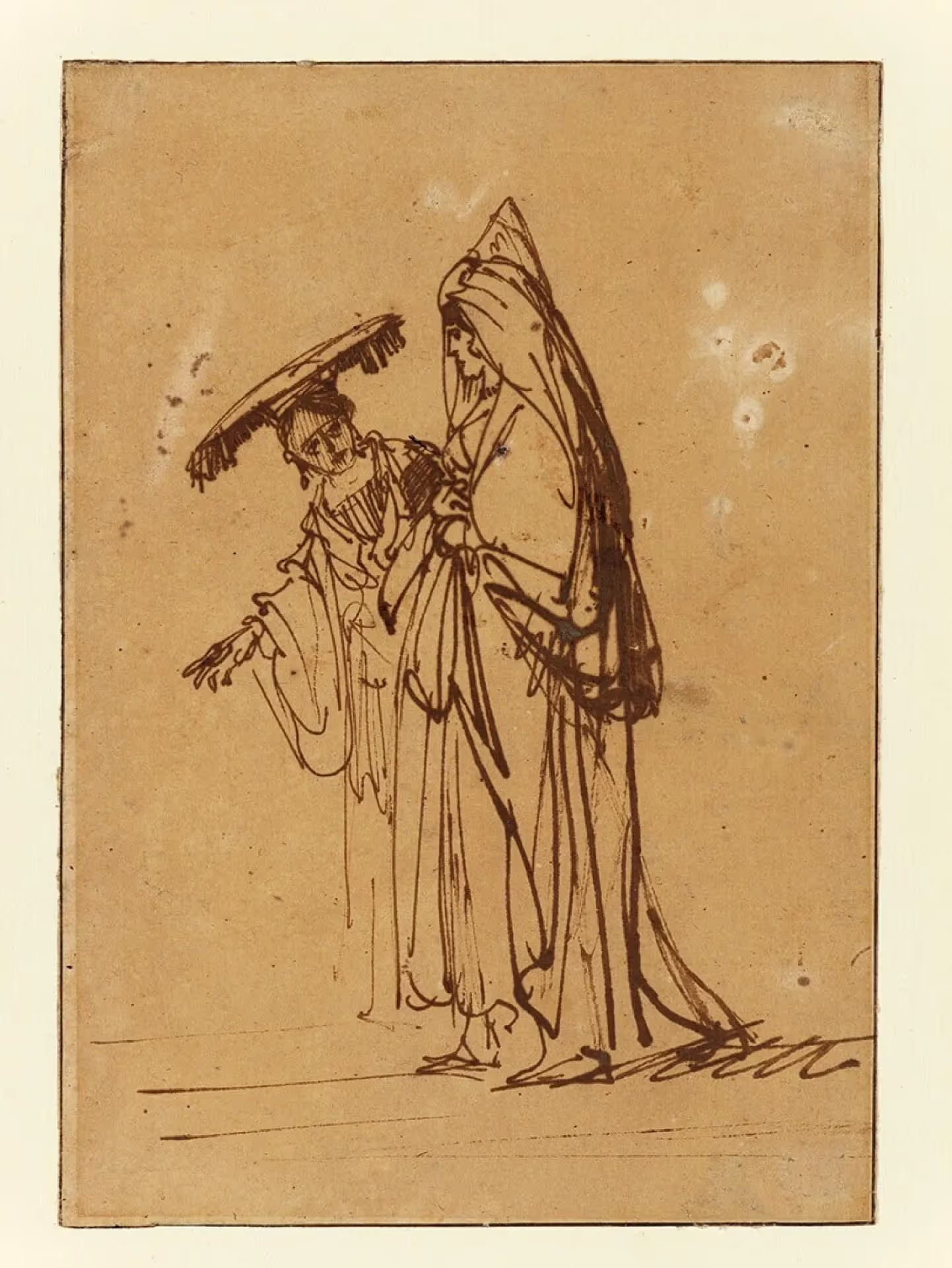
Ruth and Naomi drawing by Rembrandt
Museum Boijmans Van Beuningen, Rotterdam
Rembrandt van Rijn
Visión general
En la Biblia
Noemí le dijo entonces: «¿Por qué no te vas también tú con tu cuñada, y así regresas a tu casa y a tus dioses?» Rut le replicó: «No me obligues a dejarte yéndome lejos de ti, pues a donde tú vayas, iré yo; y donde tú vivas, viviré yo; tu pueblo será mi pueblo y tu Dios será miDios. Donde tú mueras, allí también quiero morir y ser enterrada yo. Que el Señor me castigue como es debido si no es la muerte la que nos separe.» ”
וַתֹּ֗אמֶר (נָעֳמִי) "הִנֵּה֙ שָׁ֣בָה יְבִמְתֵּ֔ךְ אֶל-עַמָּ֖הּ וְאֶל-אֱלֹהֶ֑יהָ שׁ֖וּבִי אַחֲרֵ֥י יְבִמְתֵּֽךְ:" וַתֹּ֤אמֶר רוּת֙ "אַל-תִּפְגְּעִי-בִ֔י לְעָזְבֵ֖ךְ לָשׁ֣וּב מֵאַחֲרָ֑יִךְ כִּ֠י אֶל-אֲשֶׁ֨ר תֵּלְכִ֜י אֵלֵ֗ךְ וּבַאֲשֶׁ֤ר תָּלִ֙ינִי֙ אָלִ֔ין עַמֵּ֣ךְ עַמִּ֔י וֵאלֹקיִךְ אֱלֹקי: בַּאֲשֶׁ֤ר תָּמ֙וּתִי֙ אָמ֔וּת וְשָׁ֖ם אֶקָּבֵ֑ר כֹּה֩ יַעֲשֶׂ֨ה ה' לִי֙ וְכֹ֣ה יֹסִ֔יף כִּ֣י הַמָּ֔וֶת יַפְרִ֖יד בֵּינִ֥י וּבֵינֵֽךְ":



